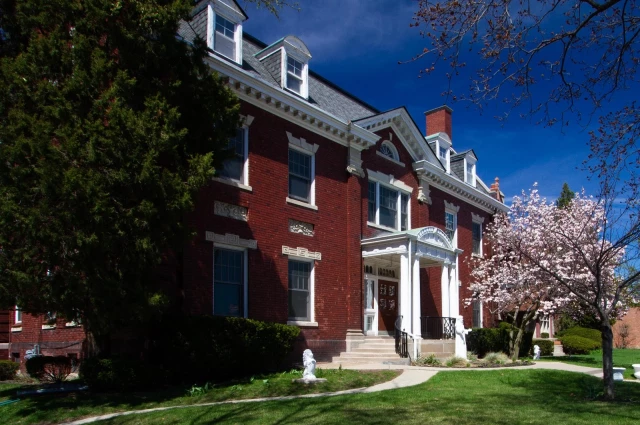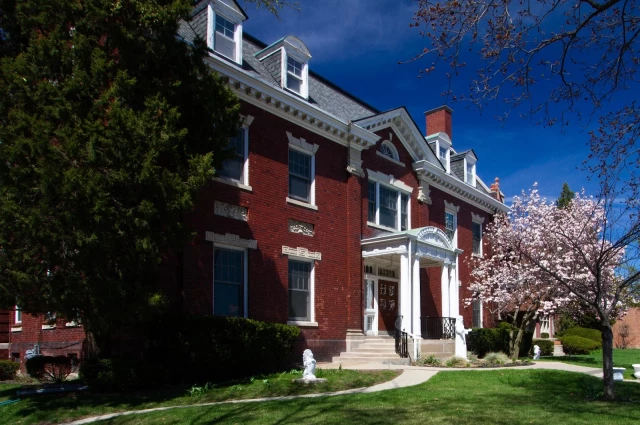Jefferson House Information
Treatment
Who We Treat
- Young Adults (18–25)
- Adults
- Seniors/Older Adults
- Older Adults
- Male and Female
Approaches
- 12-Step-Based
- Twelve Step
- Family Therapy
- Group Therapy
- Cognitive Behavioral Therapy (CBT)
- Motivational Interviewing
- 1-on-1 Counseling
- Life Skills Training
- Relapse Prevention Counseling
Languages
- English
Aftercare
- Employment Counseling
- Continuing Care
- Employment/Vocational Counseling
- Support Meetings
Level of Care
- Residential Rehab
- Aftercare/Continuing Care
Experience
Smoking and Vaping Policy
- Smoking Allowed in Designated Areas
- Vaping Allowed in Designated Areas
Accreditations
-
State department of health
Government agencies issue State Licenses, which grant rehabilitation organizations permission to conduct their operations lawfully within specific geographic regions. Licenses needed to operate are typically determined by the type of rehabilitation program offered by the facility and its physical location.

-
Commission on Accreditation of Rehabilitation Facilities (CARF)
CARF accreditation is a prestigious recognition for rehabilitation and human service organizations. It signifies that an organization meets high-quality standards and is committed to providing top-level care. CARF conducts rigorous evaluations to ensure compliance, enhancing an organization's credibility and reassuring clients and funders of exceptional service quality. This accreditation promotes excellence and continual improvement in the rehabilitation and human services field.

Find the best treatment options. Call our free and confidential helpline today!


